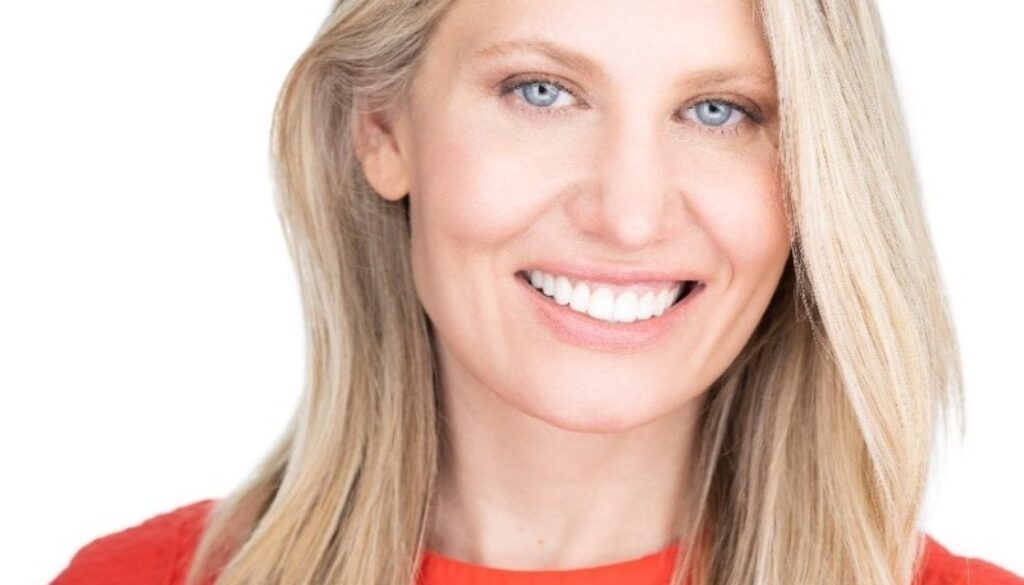Hiring Neurodivergent Talent

I have worked with countless employers seeking ideal candidates to fill critical roles in organizations. Recruiters and hiring managers agree that after the basic criteria of skills and competencies are met, candidates are accepted or eliminated based upon how they fit into the culture of an organization.
Savvy workplaces consider potential just as much as the skill set of a candidate, but nobody wants to hire a jerk, even if they are brilliant. One bad apple can disrupt a work environment and wreak havoc on communication, trust, and collegial relationships –not to mention productivity. Protecting your team with a “No Jerks” hiring policy is smart and goes a long way to cultivating and preserving a harmonious and high functioning workplace.
But what if the person you are interviewing is not a jerk – just unusual, quirky, and not what you were expecting?
Quirky, Not Jerky
High functioning teams are made up of professionals with diverse ideas, different work styles, and varied personalities. Cast your team with people not like you and know that it’s OK to disagree. Diverse perspectives make for engaging conversations that can lead to progressive change and innovation. Strong teams must learn how to communicate in solidarity as well as in disagreement and learn the art of compromise and negotiation to reach the best result.
As we continue to learn how to honor inclusion more deeply at work, this is a great opportunity to welcome neuro-divergent talent into your organization. Research indicates that people with autism are the most unemployed and underemployed professionals but not due to lack of talent – because they are misunderstood or misperceived. People tend to be afraid of what they don’t know, and I encourage you to widen the talent acquisition lens and consider talented people on the spectrum, with ADHD, dyslexia, and other neuro-distinct traits because they bring great value and expertise in an atypical way.
Historically, the interview process has been subjective and filled with confirmation bias since many hiring managers are still looking for that feel good connection with a candidate.
Rethink how you seek qualified talent and design the interview to reflect a specific role, not a generalized approach for a one-size-fits-all result. For example, if you are hiring for a software engineer, the interview could include going through a portfolio of examples to showcase different talents besides how they hold a conversation. Change the interview tactics based on the skills you seek, and include task-based assignment, so you don’t default to the persona you think you should hire.
Neurodivergent Value-Add
In an ideal world, neurodivergent candidates and employees would advocate for themselves and explain their neurodiversity value but we don’t live in an ideal world. It’s up to leaders to change tactics and create workplace cultures that are truly inclusive and accepting.
ADHD and autistic people tend to be creative and don’t see boundaries clearly, so they are innovative, and solution oriented with out-of-the-box ideas. Dyslexic people tend to be great big picture thinkers and can find patterns in connecting the dots to solve problems and create solutions.
These nonlinear thinkers and innovators are extremely valuable and can help your organization shine.
The Neurodiversity Edge
Dr. Maureen Dunne is a cognitive scientist, neurodiversity expert, global keynote speaker, board director, and business leader with over two decades of experience helping organizations build thriving cultures. She has served as a Senior Advisor to some of the world’s top corporate brands, Fortune 500 companies, universities, venture capital funds, and government officials, including the LEGO Foundation, Cornell University, and Members of Congress. She also recently co-created the executive education program for business leaders on “Future-Ready Leadership” at the Harvard Kennedy School.
A member of the neurodiversity community, she is a frequent media commentator and contributor on neurodiversity and the future of work. Dr. Dunne joined my on my podcast Your Working Life – check out the episode where she opened my eyes to the talent of neurodivergent individuals in a robust discussion on the podcast.
1 in 5 people are estimated to be neurodivergent (have a mind that works differently), but we are often wasting their potential. Dr. Dunne’s book, THE NEURODIVERSITY EDGE: The Essential Guide to Embracing Autism, ADHD, Dyslexia, and Other Neurological Differences for Any Organization discusses what it means to be neurodivergent, how society often overlooks unique skills neurodivergent individuals can bring to the table (nonlinear thinking, advanced creativity, keen observation skills, and many more) and how we can do better to change the stigma outside the neurotypical script for working and living.
Interview Overhaul
While you can’t put new ideas into an old mindset or achieve new results with old behaviors, a willing participant can adjust if they are willing to grow. It’s time to revamp the hiring process to honor neurodivergence when hiring. There is a wealth of untapped talent ready to be hired.






